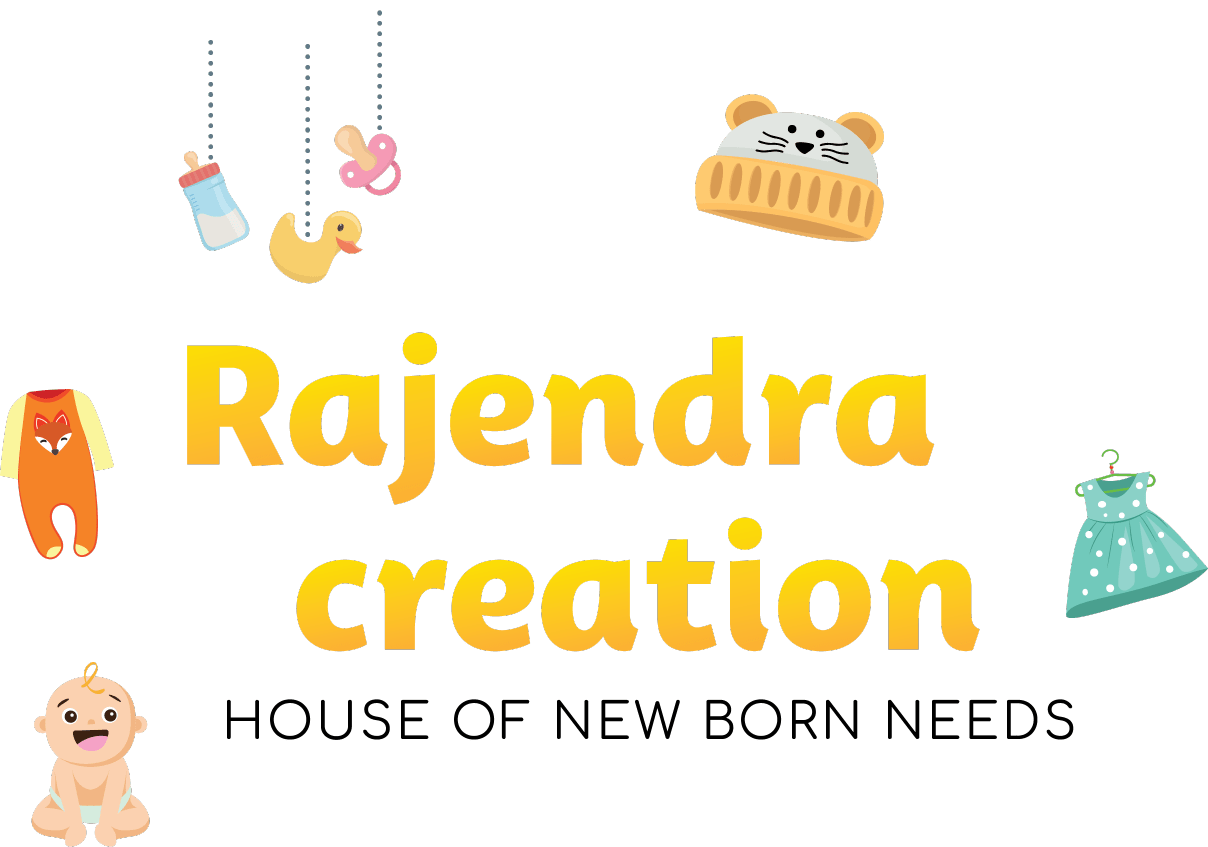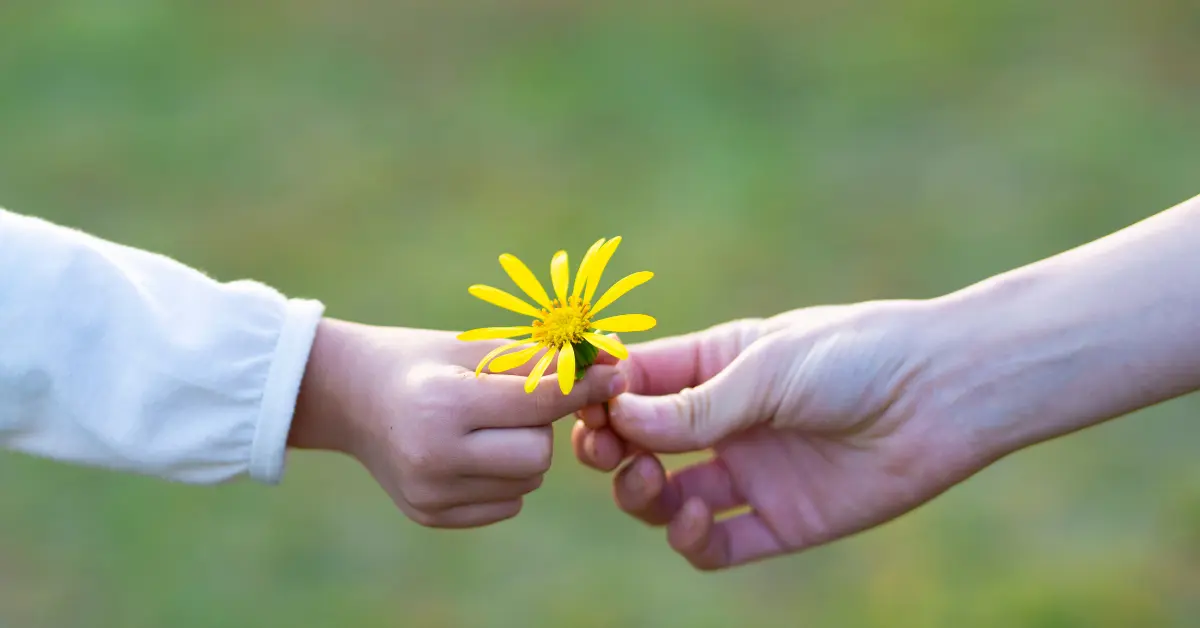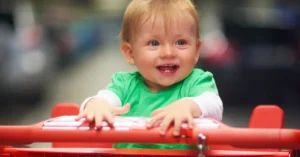Sustainable parenting is to make those choices consciously which not only helps your child but also contribute to a healthy planet. For modern parents, reducing environmental impact and raising healthy kids weigh in pretty closely as important goals. By making the switch to green products and practices that align with these principles can be incredibly rewarding, and better for you as well listing off your reasons.
Choosing Sustainable Baby Products
Choosing sustainable baby products is one of the very first steps in eco-friendly parenting. Choose organic, natural or recycled items. By selecting organic cotton clothing, recycled materials for diapers and eco-conscious toys made from sustainable harvesting practices helps minimize exposure to undisclosed chemicals in your home. Baby products made with bamboo, like blankets and bibs are another good option because of the fact that it is a renewable resource which grows very easily and requires fewer pesticides.
Cloth Diapering vs. Disposable Diapers
When it comes to ways you can lessen your footprint as a parent, cloth-diapering is easily one of the best. Conventional disposable diapers are a huge contributor to landfill waste, and they can take hundreds of years to decompose. Cloth diapers, conversely, are washable and can be reused innumerable times. They might take more time, but they last longer, create less waste and can even save you money in the long run.
Feeding Your Baby Sustainably
Using partially or totally human milk and/or through breast feeding is one of the most natural and ecological ways to feed your baby by avoiding packing formulae in plastic containers while reducing waste at same time. Even still, if you are a formula feeding parent — because fed is best and it does not matter how your child eats so long as they eat!— choosing organic sources with sustainability standards means something. Plus, making your own baby food at home out of organic fruits and vegetables is one way to further lessen environmental impact once he starts eating solid foods. Another one you can start is taking your own containers when ordering food for takeout instead of single use plastics to store the dishes.
Opting for Eco-Friendly Toys
The choices of toys that we make for our kids can have a big environmental impact. Many plastic toys consist of toxic chemicals, and are not biodegradable. Opt for toys made from organic cotton, wood or recycled fashionable materials instead. There are a number of eco-friendly toy brands that provide sturdy and child-safe toys offering countless hours of creative play. If you swap toys with other parents or buy second-hand, waste will be reduced.
Minimizing Waste with Reusable Items
Continuing your motherhood regimen utilizing reusable items is also a really good method of elimination. Use washable cloth wipes instead of throw-away ones. You can also use a stainless steel or glass bottle for your liquids than plastic since they last longer and this reduces the number of single-use plastics. Even tiny changes such as using reusable snack bags and eco-friendly baby bath products can add up over the years.
Eco-Friendly Baby Gear and Furniture
Buy environmentally-friendly baby gear when setting up your baby’s nursery. Consider cribs, high chairs and strollers made with sustainably harvested wood or from recycled products. Eco-Friendly products from mattresses to baby carriers are now available at more and more companies. Advantages of choosing such products include being further child-friendly and free from hazardous chemicals (i.e. formaldehyde, flame retardants).
Teaching Eco-Conscious Habits
As children get older, parents can start establishing an earth-friendly outlook by teaching through example. From an early age, training children to recycle and how water conservation works enables a future generation of environmentally conscious citizens. Something as small and simple as turning off lights when leaving a room, using reusable bags or planting a garden together now can create lifelong good habits for sustainability.
Supporting Local and Ethical Brands
And being a retailer for local business items and ethical brands is the next step to eco-friendly parenting. To help our society lean towards sustainability, we need to fund companies that promote such a future and you can play your part, reducing your carbon footprint by buying from authentic like-minded organizations. When buying a chocolate bar, look for brands that support fair-trade practices and are environmentally responsible by using eco-friendly packaging or reducing their environmental waste. You may also be purchasing uggs hand-stitched or through local artisansWhich is good for the environment and your hometown.
Reducing Energy Consumption
Eco-friendly parenting is a big part of reducing your household’s energy consumption. Even small changes you make, such as using energy-efficient appliances, changing to LED lights and cutting down on the water bill. Doing things such as using cloth rags instead of paper towels, air drying laundry when possible; and minimizing the use of heating and air conditioning can help to make our homes more energy efficient. The energy efficient practices not only help reduce utility costs but also benefit the environment.
Conclusion
Green Parenting is really about making clear choices that are good for your baby and the planet. The truth is that few of us truly realize the effort it takes, and immediate changes seem exhausting to implement. When you adopt environmentally friendly habits, not only are you decreasing your impact on the environment but also instilling in them that caring for our planet is essential. The minor adjustments you begin to make today could eventually help influence a healthier, cleaner future for your family and the rest of the world.









